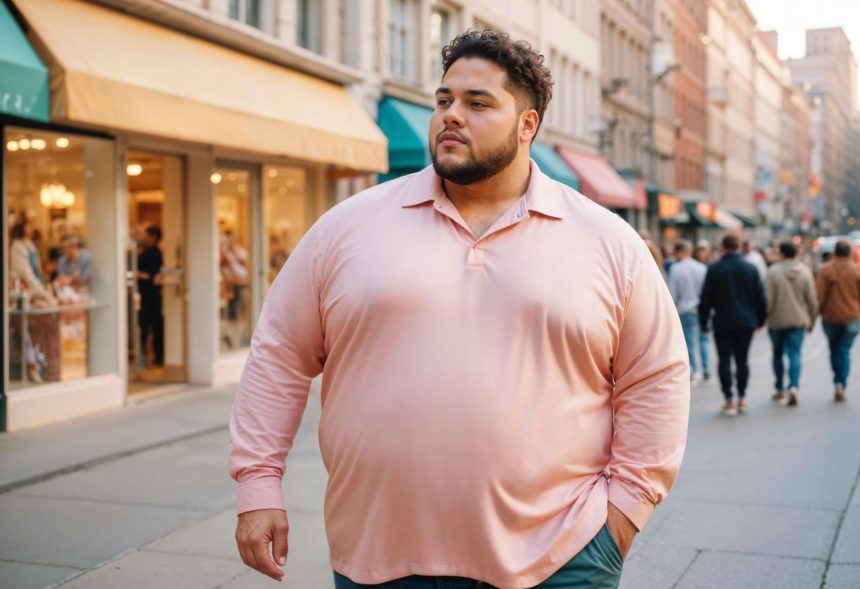Are you still not seeing any change in your weight despite eating a healthy diet and exercising regularly? The answer to the question, “Why can’t I lose weight?” may be due to a health problem that’s often unaware of: iron deficiency.
Iron deficiency doesn’t just manifest itself as fatigue or dizziness; it can also significantly impact weight loss by slowing down metabolism. In this article, we explore the relationship between iron deficiency and weight loss, along with its symptoms and solutions, based on expert opinions.
What Is Iron Deficiency?
Iron is an essential mineral found in hemoglobin, which plays a critical role in oxygen transport throughout the body. When there is insufficient iron intake, the amount of oxygen delivered to tissues decreases; this directly affects both energy levels and metabolic rate. As a result, a person may feel constantly fatigued and experience difficulties in the weight loss process.
What are the symptoms of iron deficiency?
Iron deficiency often progresses insidiously and can take time to be detected. Here are the most common symptoms:
Constant weakness and fatigue
Pale skin
Brittle or itchy nails
Hair loss
Dizziness and headache
Difficulty concentrating
Shortness of breath
Burning or sore tongue
Cold hands and feet
Inability to lose weight despite diet and exercise
If you experience several of these symptoms, it is recommended that you have your iron levels checked with a simple blood test.
How Does Iron Deficiency Prevent Weight Loss?
Individuals with iron deficiency may experience:
Metabolism decreases.
Energy levels decrease, reducing the desire and effectiveness of exercise.
Fat burning slows because the body lacks sufficient hemoglobin to carry oxygen.
Thyroid function may be affected, leading to hormonal imbalances.
For these reasons, individuals may be unable to lose weight even if they eat a healthy diet and exercise.
Who is at Risk for Iron Deficiency?
Women (especially those menstruating)
Pregnant women
Vegetarians/vegans
Those who donate blood frequently
Those with digestive diseases (e.g., celiac disease, gastritis, ulcers)
Athletes who exercise intensely
Those on low-calorie or unbalanced diets
How is Iron Deficiency Treated?
The treatment plan is personalized for each individual. However, the general approaches are as follows:
-
Iron-Rich Nutrition
Foods rich in iron should be preferred:
-
Red meat, organ meats (especially liver)
-
Eggs
-
Spinach, chard, purslane
-
Legumes
-
Dried fruits (apricots, raisins)
-
Molasses
Iron absorption increases when consumed together with vitamin C (for example, spinach with lemon).
-
Iron Supplements if Necessary
In cases of severe iron deficiency, medication or supplements may be required under medical supervision. The dosage, duration, and form of supplements must always be determined by a healthcare professional.
-
Treatment of Underlying Causes
Conditions causing iron deficiency, such as hidden bleeding, absorption disorders, or gastrointestinal problems, must be identified and treated accordingly.
What Should You Pay Attention to When Taking Iron Supplements?
Iron supplements are generally taken on an empty stomach.
Tea and coffee reduce iron absorption; these beverages should be consumed at least one hour afterward.
Side effects such as constipation and stomach upset may occur; in these cases, re-evaluation should be made with your physician.
When Should You See a Doctor?
If you:
Are unable to lose weight despite diet and exercise
Feel constantly tired
Experience hair loss and brittle nails
Have concentration problems
It is recommended to consult an internal medicine specialist or an endocrinology clinic. Iron deficiency can be easily detected with a simple complete blood count and ferritin test.
The Silent Danger Behind Inability to Lose Weight
Sometimes, weight loss difficulties cannot be explained by calorie intake alone. Iron deficiency can significantly affect metabolism and negatively impact this process. If you often ask yourself, “Why can’t I lose weight?” don’t forget to have your iron levels checked.










